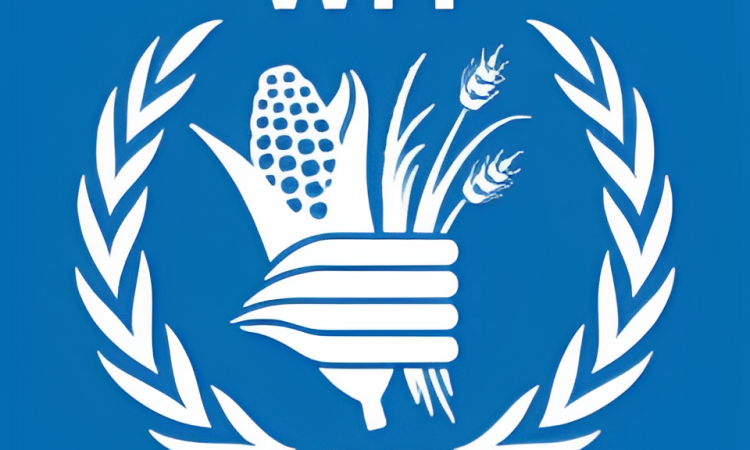
The World Food Programme is the food assistance branch of the United Nations and the world’s largest humanitarian organization addressing hunger and promoting food security. WFP is part of the United Nations system and is voluntarily funded. Born in 1961, WFP pursues a vision of the world in which every man, woman and child has access at all times to the food needed for an active and healthy life. We work towards that vision with our sister UN agencies in Rome — the Food and Agriculture Organization (FAO) and the International Fund for Agricultural Development (IFAD) — as well as other government, UN and NGO partners. On average, WFP reaches more than 80 million people with food assistance in 82 countries each year. 11,367 people work for the organization, most of them in remote areas, directly serving the hungry poor. To learn more, watch the video outlining our mission, read our Mission Statement and our 2013 Annual Performance Report or download the Infographic.
- Job Type: Contract
- Qualification: BA/BSc/HND
- Location: Borno
- Job Field: Internships / Volunteering , NGO/Non-Profit , Project Management
Training components
- Throughout their assignment, WFP interns have access to an industry-leading learning platform, WeLearn. Depending on opportunities and availability of funds, he/she may participate in WFP workshops or seminars, as appropriate.
Learning Elements
- Expanded knowledge of the United Nations system: The Intern should have gained insights into the structure, functions, and mandate of the United Nations They should have a better understanding of the UN’s role in advocating for sustainable development (SDG Goals) and promoting international cooperation.
- Have proficiency in working within a humanitarian agency: The Intern should have developed skills and knowledge specific to working in a humanitarian organization like the World Food Programme. They should understand the principles, values, and operational aspects of WFP’s work, including its role within the United Nations system.
- Gained practical experience: The Intern should have gained practical experience in implementing initiatives and interventions aimed at achieving the WFPs mission. They should have participated in relevant projects, activities, and programs to contribute to WFP’s efforts in achieving Zero Hunger.
- Strengthened professional skills: The Intern should have honed their professional skills, including communication, teamwork, problem-solving, and project management. They should be able to apply these skills effectively in a multicultural and fast-paced work environment
Qualifications:
Currently enrolled in an undergraduate or graduate programme (for example, master’s degree) from a recognized university and has attended classes in the past 12 months or a recent graduate from an undergraduate or graduate programme (within six months before the application to the internship programme) from a recognized university and has attended classes in the last 12 months of enrolment in the university, in the field of Human Resources, Business Administration or related field
Must be women, as this program aims to empower and support women in line with WFP’s commitment to gender equality.
Working Language:
- Working knowledge of English (proficiency/level C) is required
Required skills/ Competencies:
- Works effectively in a multicultural and diverse environment.
- Strong interpersonal and communication skills
- Comfortable in a rapidly changing environment, with competing and shifting priorities.
- Works collaboratively with colleagues to achieve organizational goals.
- Excellent organisational skills
- Proficiency in MS Office (Word, Excel, PowerPoint, Outlook).
How can you make a difference?
The livelihoods sub-unit at Damaturu Sub Office is under the Programmes Division and implements activities such as crop production, livestock production, Income Generating Activities (IGA) and Natural Resources Management (NRM). The implementation strategy adopted ensures innovative, holistic, and nutrition-sensitive interventions guarantee maximum impact on participants. Typical activities implemented range from crop production, livestock, Income Generating Activities, and Natural Resource Management aimed at addressing climate-related issues.
In this role, you will
- Conduct regular field visits to cash out and Evoucher redemption sites to monitor and provide timely feedback on progress and gaps observed .
- Conduct regular field monitoring missions to closely monitor progress on livelihood activities’ planning and implementation.
- Support the unit in engagement with different partners/stakeholders e.g., government, communities, NGOs, UN agencies etc.
- Provide support during capacity strengthening organized for cooperating partners implementing livelihood activities and assist in technical material preparation and training .
- Regularly participate in Early Recovery and Livelihood Sector working group meetings where information on livelihood related activities is disseminated and discussed extensively.
- Compile information for inclusion in reports and documents to support the effective work within the unit.
- Provide support to manage and maintain unit records/documents to ensure information is organized and readily available when needed organizational skills.